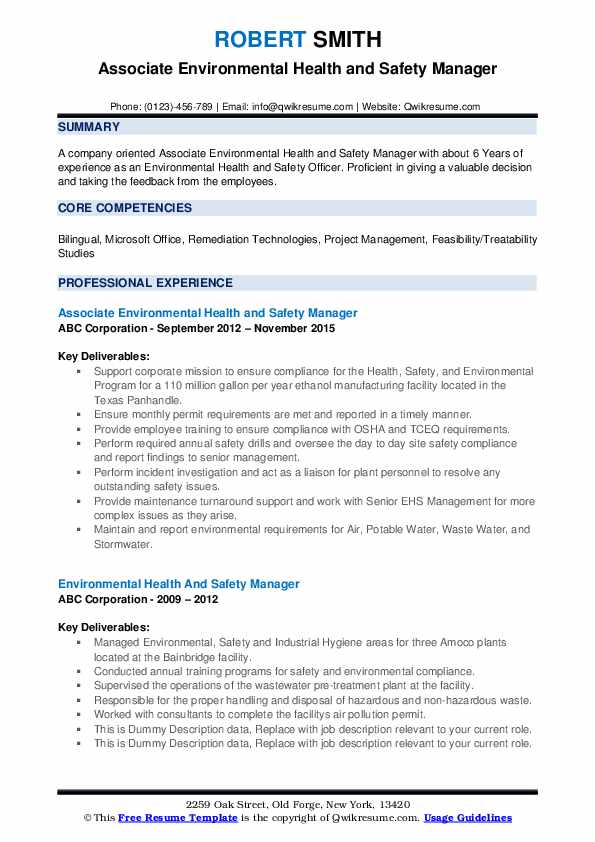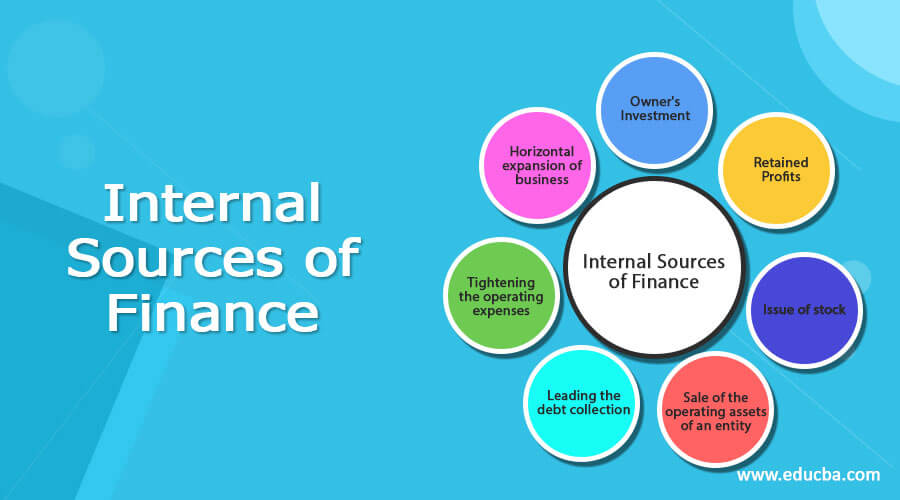
An Educational Consultant has a job similar to that a school counselor. However, this job is self-employed. While educational consultants may be self-employed they can also work for schools and consulting firms. You must have relevant work experience and a high-quality education to be considered for this job. Continue reading to find out more about the field and its responsibilities. This article covers the career path, salary, outlook, and job outlook of an Educational Consultant.
Job outlook
An educational consultant may work in many different settings. Many of these experts have extensive knowledge about the current education landscape. Some may have been school governors or volunteers. Consultants may work for companies, government organizations, or as self-employed professionals. Education consulting positions can be found at international agencies and with specialist organisations. Consultants often have a wide range of responsibilities, including providing guidance and advice to clients.
The BLS projects a strong job outlook for education specialists, with demand expected to continue growing through 2028. The state and local budgets will determine the growth. In the coming years, school districts and postsecondary institutions will be held accountable for student achievement data, graduation rates, and test scores. Schools and districts will therefore seek out education consultants to assist with technology and curriculum issues. Even though the job may not have immediate job security, many people in the field have enjoyed a high degree of independence and are able to work whenever they want.

Salary
While education consultants can make a great salary, it is not always a raise. Education consultants often work for small companies or as freelancers. They are employed by schools and other educational institutions directly. These professionals must have education experience and adhere strictly to professional dress codes. Their work requires them to be well-versed in a variety of subjects and to be open to listening to the concerns of clients. They must be able to communicate their ideas and reference education theory when required.
Educational consultants have a wide range of salaries. If you're looking for a career in a hot field, your salary might reflect that. Salaries for consultants vary depending on experience, location, and reputation. Those with good reputations can command high salaries, while others may be more modest and less sought-after. In any case, the amount of money you earn depends on your experience and the quality of your work.
Education is required
A certificate in educational consulting may help you transition from high school to college. Consultants can also assist with financial aid applications and college application. They might work in a college or school district. An educational consultant usually has teaching experience. For those who are interested in specializing in a certain area, a master's level in educational consulting may prove to be an advantage. They will need to be familiarized with the admissions test process, assessment, and career development.
An educational consultant can be either a high school teacher or a college graduate. Some consult with students in college or special needs. Others work in schools, whole schools, and with school systems. Some consultants are highly skilled. There are many options when it comes to educational consulting. Each one requires different education and experience. Most consultants hold a bachelor’s degree. These are the requirements for educational consulting jobs:

Career path
According to the Bureau of Labor Statistics (BLS), there is a growing demand for education consultants. The profession is expected to increase by six per cent over the next eight year. This growth will be affected by state and local budgets. Schools and districts will face increased pressure to increase test scores, graduation rates, and student achievement data. Schools and districts are seeking out outside assistance from educational consultants in order to implement new technology or curriculum. Education consulting is a field that offers great job prospects for those who are passionate about the subject.
The term educational consultant can be used to refer to any of three career paths. Some refer to government employees, while others to private-sector professionals. These people are also known as educators, educational planners, and educational consultants. The term is used to refer to individuals with specific education backgrounds. Many educational consultants are teachers, but some have specializations. These are some ideas to help you make a decision about which career path you want to follow.
FAQ
What happens when the consultant finishes the job?
After the consultant completes their work, he/she will submit a final summary of the results. This report details the project timeline, deliverables, as well any other pertinent information.
Then, you'll review the report and decide whether the consultant met your expectations. If the report does not meet your expectations, you have two options: to request changes or to terminate the contract.
How do I become successful as a consultant?
The first step is to find an area you are passionate about. Next, you need to establish relationships. You need to know what clients want and how they operate. Finally, you have to deliver results for your clients.
While you don’t necessarily have to excel at every task, you should be better than all the rest. You must also have passion for your work. It is not enough to simply say, "I want to become a consultant." You have to believe in yourself, and in what you are doing.
What does it mean to be a consultant?
Consultants provide services for others. It's not just a job title; it's a role where you help others achieve what they want from life. This is done by helping others understand their options and making the right decisions.
Consultants are skilled at solving problems and overcoming challenges that can arise during projects. They also provide advice and guidance on how to implement those solutions.
Any questions you have about business, technology and finance, leadership or strategy, human resource management, customer service, customer service, or any other topic, a consultant can answer them.
How do I get clients for my consultancy business?
The first step is to find an area you are passionate about. This could be social media or public relations. However, it must be something that you are passionate about. If you don't feel passionate about it, you might need to start small with web design. Once you find the right niche, it is important to know what makes it tick. What problems does the solution solve? Why should people use this? And most importantly, how can you help them?
You can also approach businesses directly.
You can also offer your services at events such as networking nights and conferences, if all else fails. You'll meet many potential customers without spending money on advertising, and you'll be able to show off your skills.
Statistics
- Over 50% of consultants get their first consulting client through a referral from their network. (consultingsuccess.com)
- On average, your program increases the sales team's performance by 33%. (consultingsuccess.com)
- "From there, I told them my rates were going up 25%, this is the new hourly rate, and every single one of them said 'done, fine.' (nerdwallet.com)
- My 10 years of experience and 6-step program have helped over 20 clients boost their sales by an average of 33% in 6 months. (consultingsuccess.com)
- According to statistics from the ONS, the UK has around 300,000 consultants, of which around 63,000 professionals work as management consultants. (consultancy.uk)
External Links
How To
How do you find the best consultant?
When searching for a consultant, the first thing you should do is ask yourself what your expectations are. You should know exactly what your expectations are before you start searching for someone. It is important to make a list with all the requirements you have for a consultant. These could include professional expertise, technical skills and project management abilities, communication skills, availability, and other things. Once you have identified your requirements, you might consider asking friends and colleagues to recommend you. Ask your friends or colleagues about any negative experiences they have had with consultants, and compare their recommendations with yours. You can also do some online research if you don't know of any. There are many websites, such as LinkedIn, Facebook, Angie's List, Indeed, etc., where people post reviews of their previous work experiences. Take a look at comments and ratings from others, and use that data to find potential candidates. Once you have narrowed down your list, reach out to potential candidates and set up an interview. During the interview, you should talk through your requirements and ask them to explain how they can help you achieve those goals. It doesn't matter whether they were recommended to you or not; just ensure that they understand your business objectives and can demonstrate how they can help you reach those goals.